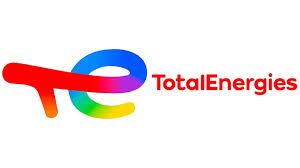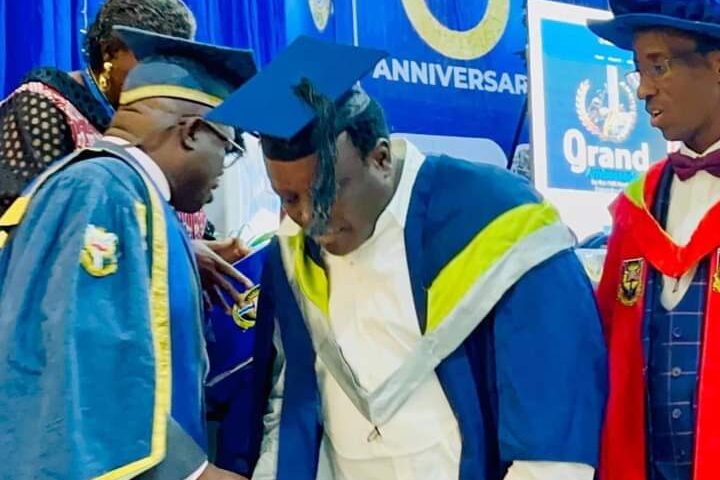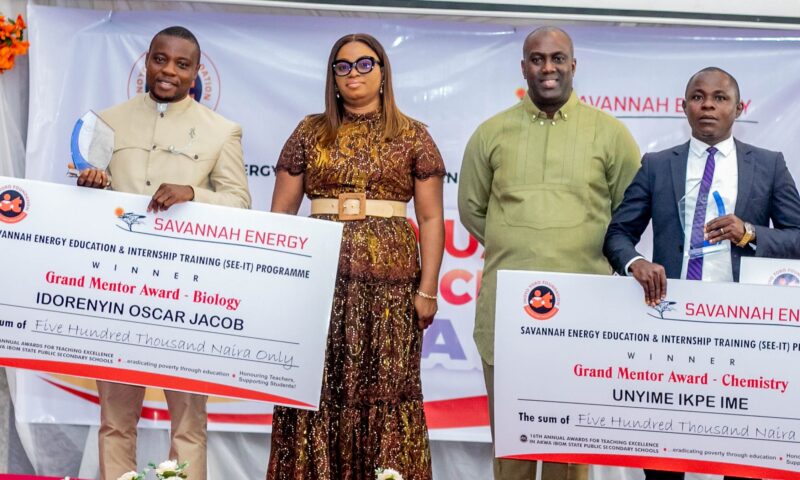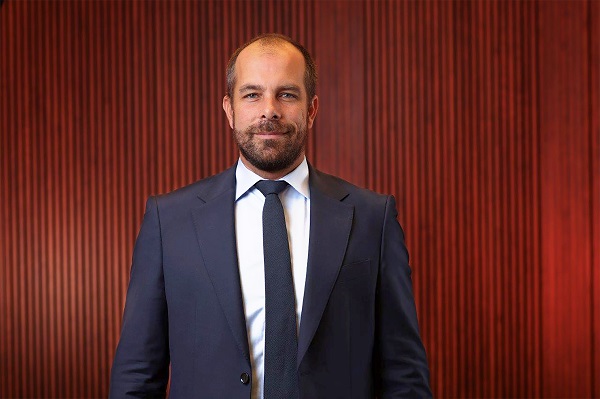Mohammed Shosanya
The Nigeria Extractive Industries Transparency Initiative and the Nigerian Upstream Petroleum Regulatory Commission, have clarified concerns around the 2020 marginal fields awards.
The agencies explained in separate statements that recent reports that quoted NEITI report to have insinuated that the NUPRC did not adhere to its own regulations while implementing the marginal fields award, were quoted out of context.
“We in NEITI, therefore, clarify that our report in reference was quoted out of context. The 2020 marginal field bid exercise was commenced by the now-defunct Department of Petroleum Resources and not the NUPRC and its current management team.
“From our records, the bid exercise for the marginal field was launched on June 1, 2020, while the NUPRC was set up in August 2021 and the management team of the commission was appointed about September/October same year.
“NEITI, therefore, would rely on its ongoing 2022/23 Oil and Gas Industry Reports to ascertain in details and with evidence how the exercise was fully conducted and finalised,” NEITI stated in a response to media inquires.
It added that its next oil/gas industry report covering the period in question should be ready in 2024.
The transparency agency absolved the NUPRC of any blame.
The upstream regulator, on its part, validated NEITI’s clarification in a statement issued in Abuja.
According to the NUPRC management, the 2020 marginal fields bid exercise was commenced by the now-defunct Department of Petroleum Resources following presidential approval obtained by the department to conduct the exercise.
It said, “The bid exercise was launched on June 1, 2020 and a total of 57 marginal fields were made available for bidding through a transparent online electronic bidding system.
“Of the total number of companies which indicated interest in the bid exercise by submitting their applications within the deadline set for submission of applications, 540 companies were pre-qualified in line with the procedure set out in the bid guidelines.
“Ultimately, 482 companies out of the 540 companies pre-qualified submitted bids for the various fields on offer.”
It noted that at the end of the exercise and in line with existing government policy to encourage as many qualified Nigerian companies to participate in the upstream business, 161 entities from the 482 companies that submitted bids were offered marginal fields and given a deadline to make signature bonus payments.
“A number of these entities were offered fields on a joint basis with others.The commission upon inception had to embark on extensive stakeholder engagements with the successful bidders to resolve the many issues arising from the policy of jointly awarding some of the fields to several awardees,” NUPRC stated.
On the signature bonus, the commission stated that a number of the entities that were offered fields in the exercise were unable to fulfil their award obligation to pay the signature bonus within the time frame specified for the payment of the bonuses.
“Hence, the commission sought and obtained the approval of Mr President to re-award the interest not paid to other entities who participated in the bid exercise but who were not offered any fields during the initial stage of offering the awards.
“These later awards were premised on the condition that those companies present clear evidence of both financial and technical capability. At the end of the entire exercise, a total of 55 fields were successfully awarded and paid for.
“The provisional award letters issued to qualified bidders (which contains the terms and conditions of the award, including the signature bonus payable), in all cases, and final letters of the award were only issued upon payment of 100 per cent of the signature bonus by or on behalf of the awardee,” NUPRC stated.











